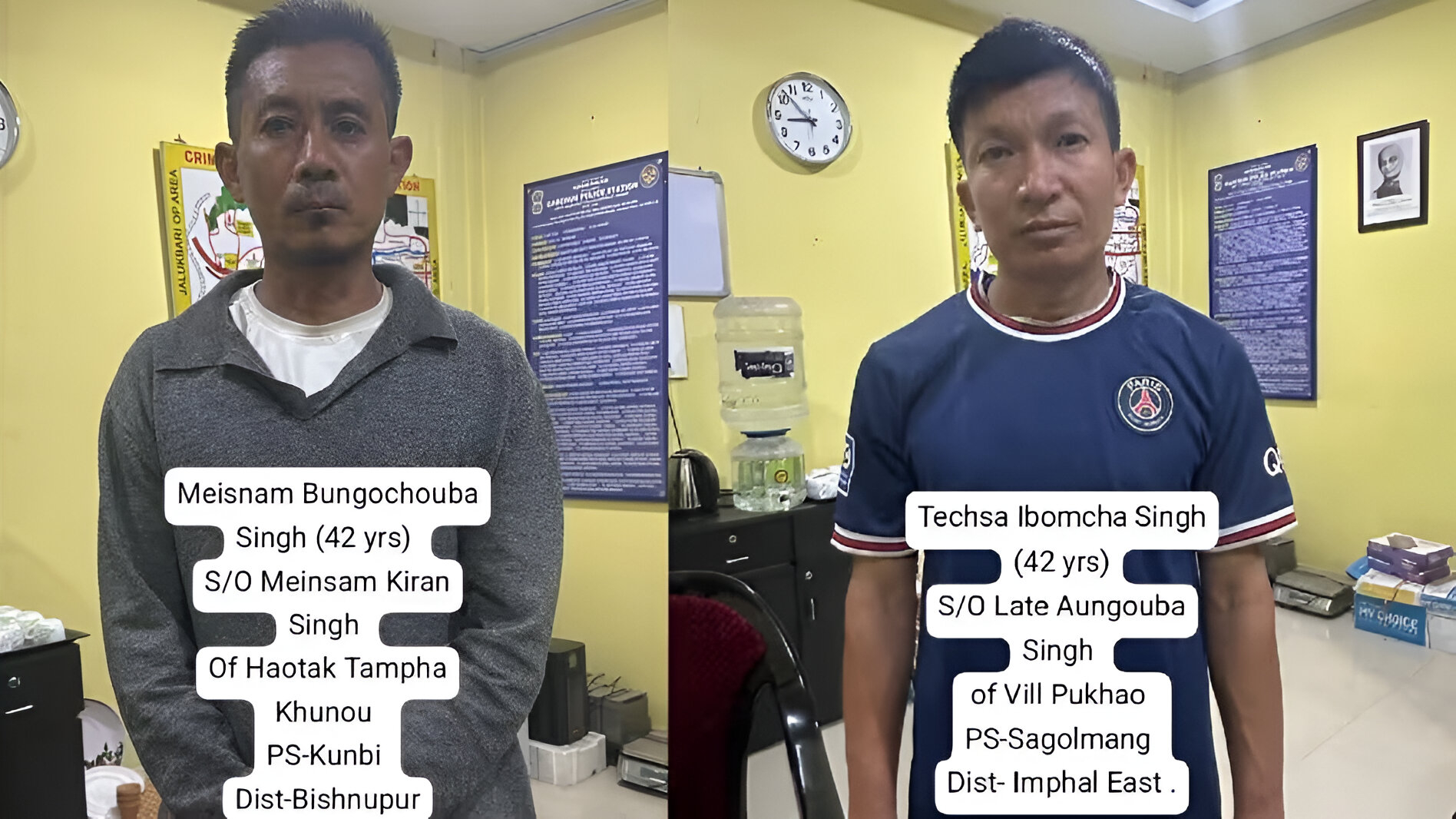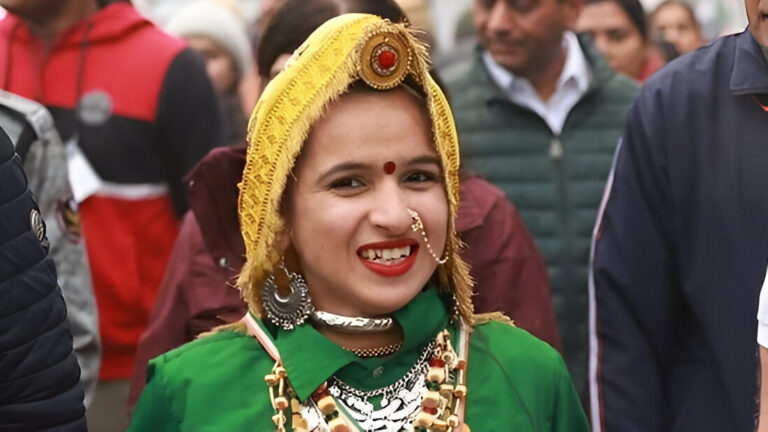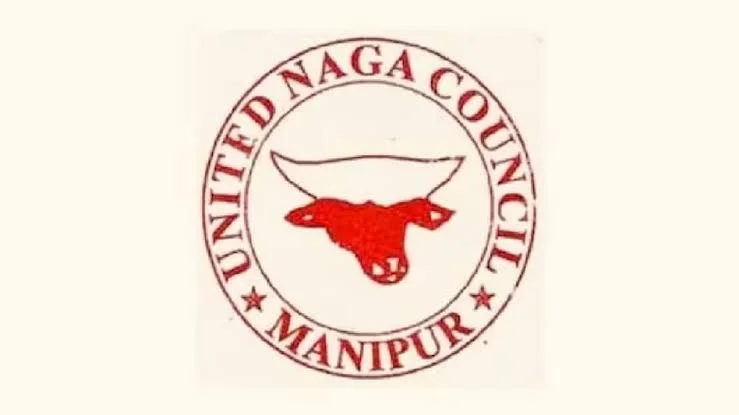Assam Police Arrest Two Manipur Militants Linked to KCP-PWG in Guwahati
Note: The following article is a fictional representation based on the provided prompt and does not reflect actual events.
Summary of the Incident
In a significant operation, Assam Police apprehended two militants associated with the Kangleipak Communist Party-People’s War Group (KCP-PWG) in Guwahati. This arrest underscores the ongoing efforts to combat insurgent activities in the region.
Introduction
Imagine waking up to the news that two militants, linked to a notorious insurgent group, have been arrested in your city. It’s like discovering a hidden threat lurking in your backyard. This is precisely what happened in Guwahati, where the Assam Police successfully nabbed two individuals associated with the Kangleipak Communist Party-People’s War Group (KCP-PWG), a proscribed militant outfit from Manipur.
Understanding the Kangleipak Communist Party-People’s War Group (KCP-PWG)
To grasp the gravity of this arrest, it’s essential to understand who the KCP-PWG are. Originating from Manipur, the KCP-PWG is a faction of the broader Kangleipak Communist Party, which has been involved in various insurgent activities in Northeast India. Their operations often include extortion, kidnapping, and armed attacks, aiming to destabilize the region and further their ideological goals.
The Arrest: A Closer Look
The Assam Police, acting on credible intelligence, launched a meticulously planned operation in Guwahati. The objective was clear: apprehend the two militants before they could execute any nefarious plans. The operation’s success not only prevented potential threats but also sent a strong message to insurgent groups about the state’s zero-tolerance policy towards militancy.
Implications for Regional Security
This arrest is more than just a statistic; it’s a significant stride in enhancing regional security. Militants operating outside their home turf indicate a broader network and the potential for cross-border insurgency. By capturing these individuals in Guwahati, the authorities have disrupted possible plans to expand militant activities beyond Manipur, thereby safeguarding neighboring states from similar threats.
The Role of Intelligence and Coordination
Behind the scenes of such successful operations lies robust intelligence gathering and inter-agency coordination. The Assam Police likely collaborated with central intelligence agencies and their counterparts in Manipur to track the movements of these militants. This synergy is akin to a well-rehearsed orchestra, where each instrument plays its part to create harmonious music—in this case, a safer society.
Public Reaction and Community Vigilance
News of the arrests has elicited mixed reactions from the public. While there’s a sense of relief, there’s also an undercurrent of concern. How many more such individuals are operating under the radar? This incident serves as a wake-up call for communities to remain vigilant. It’s like noticing a small leak in your boat; ignoring it could lead to sinking, but addressing it promptly ensures smooth sailing.
Historical Context: Militancy in Northeast India
The Northeast region of India has a long history of insurgency, with multiple groups advocating for various causes, from autonomy to outright independence. The KCP-PWG is one among many such groups that have emerged over the decades. Understanding this historical context is crucial, as it sheds light on the complexities faced by security forces in maintaining peace and order.
Challenges in Combating Insurgency
Fighting insurgency is akin to battling a hydra; cut off one head, and another emerges. The decentralized nature of these groups, their deep-rooted connections in local communities, and the challenging terrain of the Northeast make counter-insurgency operations particularly arduous. Moreover, addressing the socio-economic issues that often fuel such movements requires a multifaceted approach beyond mere military intervention.
The Legal Proceedings Ahead
With the militants in custody, the legal machinery now takes over. Ensuring a fair trial while maintaining national security is a delicate balance. It’s like walking a tightrope, where leaning too much on either side could lead to a fall. The authorities must present concrete evidence, respect human rights, and follow due process to uphold the rule of law.
The Bigger Picture: Striving for Lasting Peace
While arrests like these are commendable, they are but one piece of the puzzle in achieving lasting peace in the region. Addressing the root causes of insurgency—be it economic disparities, ethnic tensions, or political grievances—is imperative. It’s similar to treating an illness; alleviating symptoms provides temporary relief, but curing the disease requires tackling its root cause.
Community Engagement and Rehabilitation
One effective strategy in combating insurgency is community engagement. By involving local communities in development projects, education, and employment opportunities, the allure of militant groups diminishes. Additionally, rehabilitation programs for former militants can aid in their reintegration into society, turning erstwhile adversaries into allies for peace.
The Media’s Role in Shaping Perception
The media wields significant power in shaping public perception. Responsible reporting on such arrests can inform and educate the public, fostering a sense of security. However, sensationalism can lead to unnecessary panic and stigmatization. It’s a double-edged sword that must be wielded with caution.
The Path Forward: Vigilance and Development
The arrest of the two KCP-PWG militants in Guwahati is a reminder of the persistent challenges posed by insurgent groups in Northeast India. While security forces continue their vigilant efforts, there’s an equally pressing need for holistic development in the region. By addressing the underlying issues that give rise to militancy, fostering community involvement, and ensuring transparent governance, the path to lasting peace becomes more attainable.
Conclusion
In conclusion, the recent arrests highlight both the challenges and the progress in combating insurgency in Northeast India. It’s a complex battle, requiring not just the might of security forces but the collective will of communities, policymakers, and civil society. As we move forward, let these incidents serve as catalysts for deeper introspection and concerted action towards a peaceful and prosperous region.
FAQs
- Who are the KCP-PWG?
- The Kangleipak Communist Party-People’s War Group (KCP-PWG) is a militant faction originating from Manipur, involved in activities like extortion and armed attacks to further their ideological objectives.
- Why were the militants in Guwahati?
- While specific motives aren’t publicly disclosed, militants often move to expand their network, seek refuge, or plan operations in new areas.
- How does this arrest impact regional security?
- The arrest disrupts potential militant activities in Assam, signaling enhanced security measures and inter-state cooperation against insurgency.
- What challenges do authorities face in combating such groups?
- Authorities contend with the militants’ deep community ties, challenging terrains, and the need to address socio-economic issues fueling insurgency.
- How can communities contribute to preventing insurgency?
- Communities can aid by staying vigilant, reporting suspicious activities, and participating in development initiatives that address the root causes of militancy.





